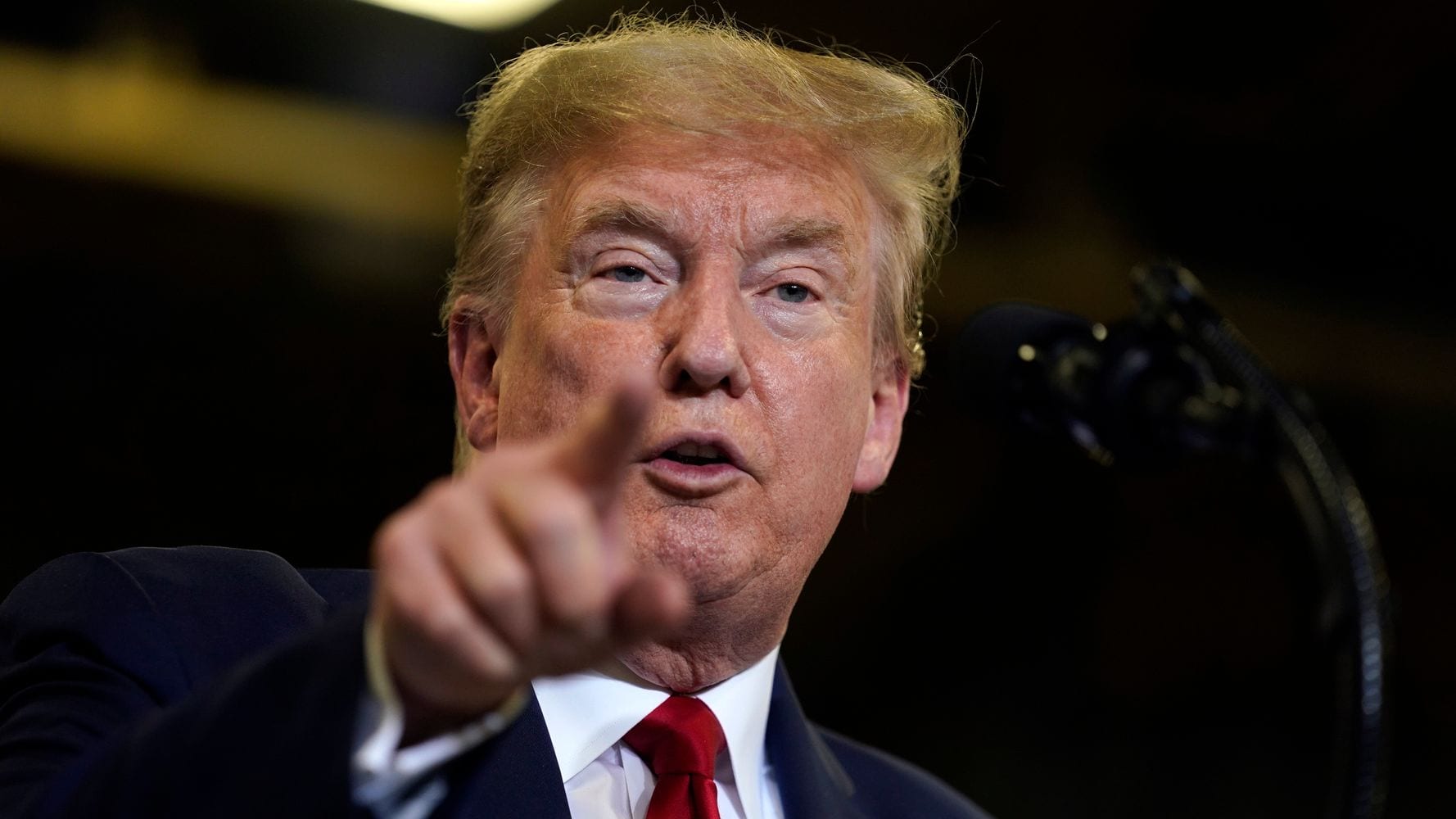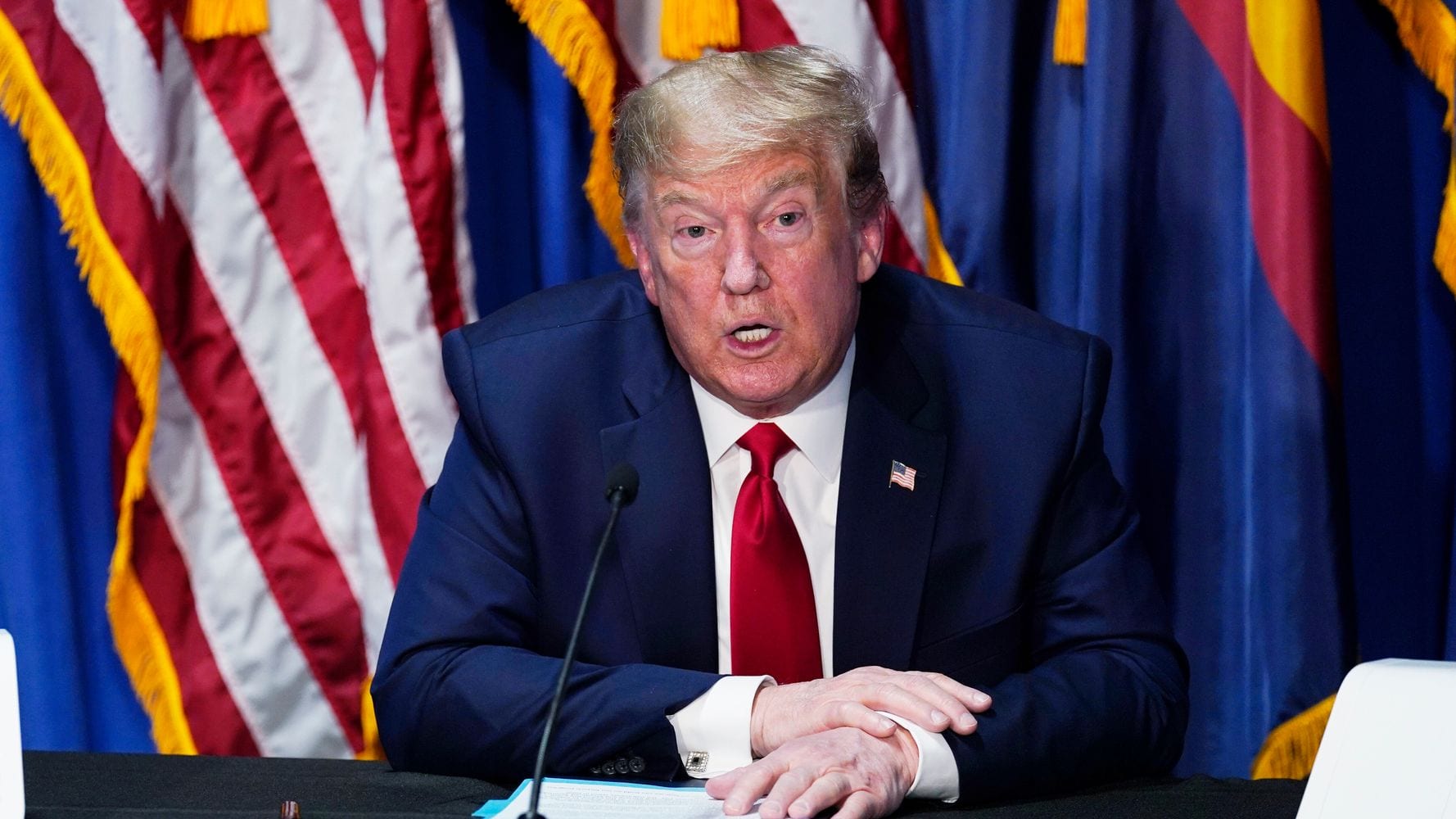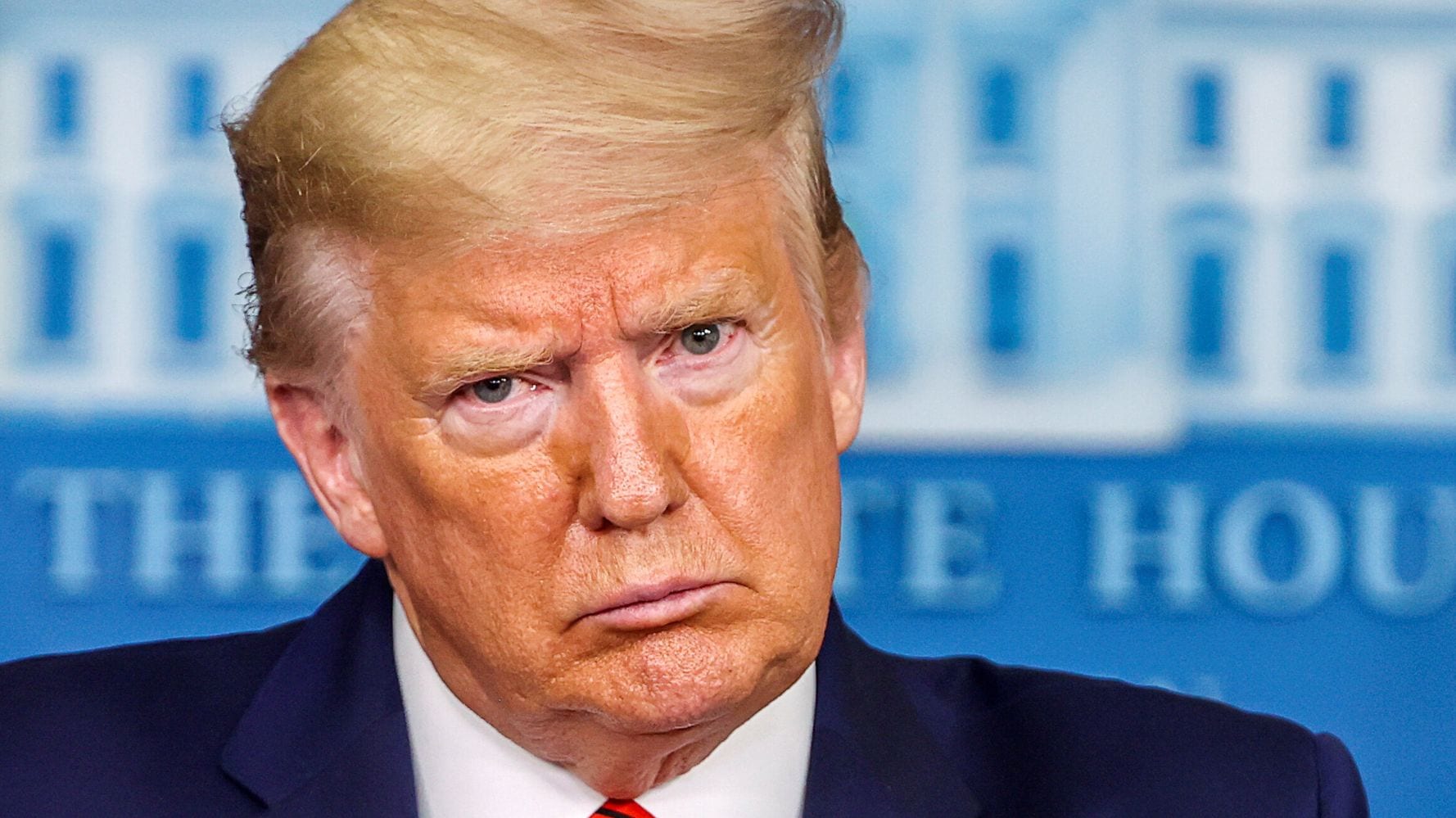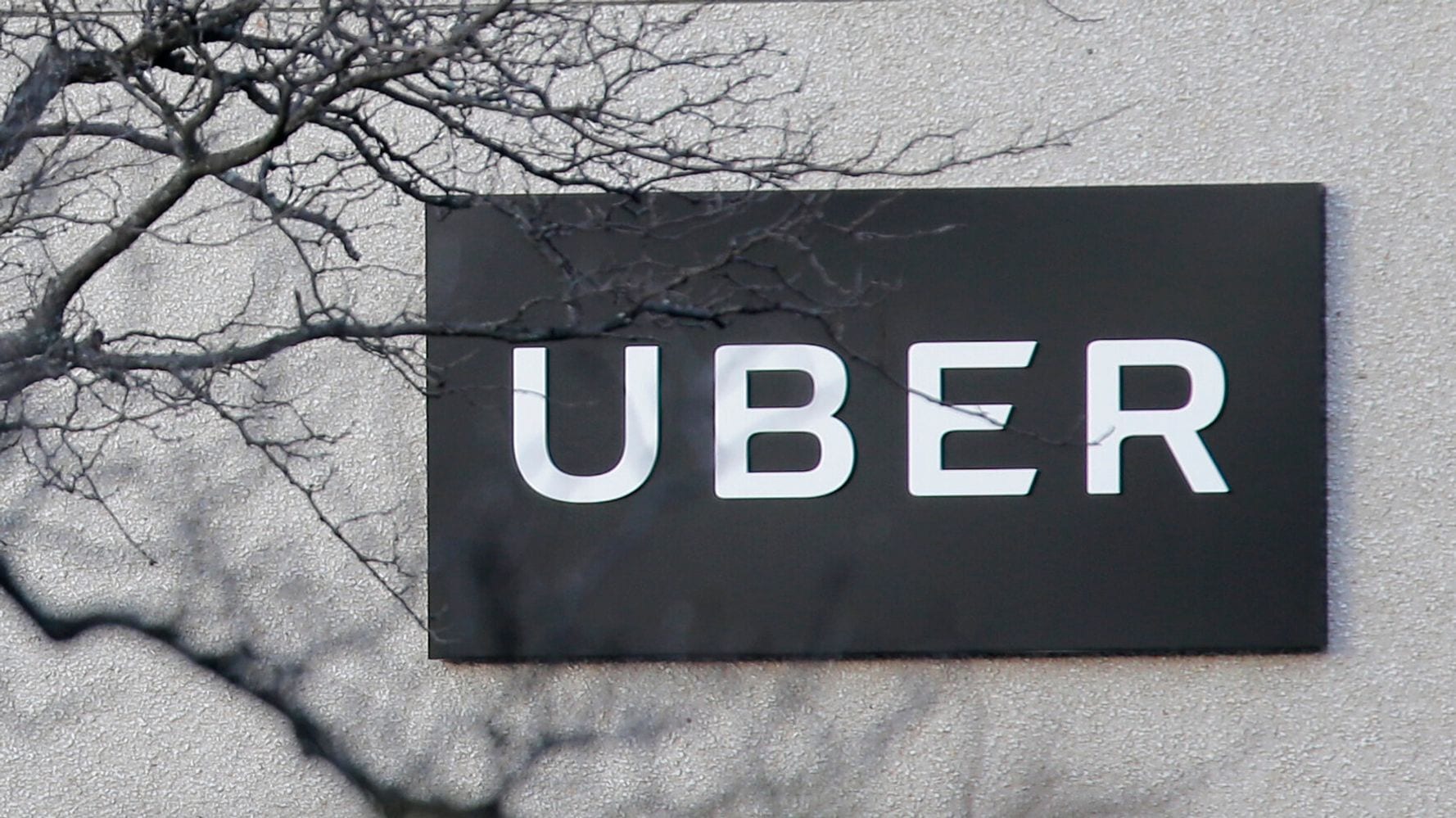[ad_1]
The Trump administration on Wednesday sketched out its plan for making sure the uninsured don’t have to pay for COVID-19 tests and treatments.
The plan follows through on a promise President Donald Trump made in early April, when he said he wanted to “alleviate any concern uninsured Americans may have about seeking the coronavirus treatment.”
Under the proposal, the federal government will pay hospitals, clinics and doctors directly when they provide testing and treatment to COVID-19 patients who lack coverage. Money for the program will come out of a $100 billion health care allotment in the CARES Act, which is the $2.3 trillion economic relief package that Congress passed and Trump signed late last month.
The administration still has not provided some key details of the new proposal. In particular, it has not said how much of the CARES money will go to the uninsured, which makes it hard to know whether the new initiative, which officials said would be ”subject to available funding,” will be sufficient to cover all the coronavirus-related bills that uninsured patients generate in the next few months and beyond.
Nobody really knows how big those bills will get. The best available estimate, from researchers at the Henry J. Kaiser Family Foundation, suggests the total for hospital care alone could be anywhere from $13.9 billion to 41.8 billion.
The administration was more specific about how the payments would work in practice. The government would reimburse providers at the same rate as Medicare pays for services. In exchange for receiving that money, providers would have to agree not to seek additional payments directly from patients.
Providers could decline to participate in the program and might be tempted since Medicare generally pays less than commercial insurance for services. But providers desperately need revenue right now because they have mostly stopped the elective care that is their biggest moneymaker.
Another lingering question is what happens to people who seek care because they think they have COVID-19, but it turns out to be something unrelated, like influenza. The new initiative, in theory, covers only expenses related to COVID-19, and it’s not clear how it would address such situations.
“Depending on the details of how it’s implemented, people could still end up with big medical bills if they seek care but end up not having COVID-19,” Larry Levitt, the Kaiser Family Foundation’s executive vice president, wrote on Twitter.
Whatever happens in those cases, it’s clear the new initiative won’t help the uninsured with injuries, heart attacks and other ailments that clearly have nothing to do with the novel coronavirus. And that’s a worry because the number of uninsured is likely to balloon in the coming weeks as millions of laid-off workers lose job-based coverage.

Many of the newly unemployed will become eligible for Medicaid or subsidized private coverage on the Affordable Care Act’s exchanges. But those who get little or no subsidies may find private coverage too expensive.
And those who were uninsured before the crisis will have no way to buy private insurance because the Trump administration has rebuffed proposals to create a new open enrollment period at HealthCare.gov, the online insurance market for people buying coverage on their own. (California, the District of Columbia and 10 other states that run their own exchanges have reopened their markets, but that helps only their residents.)
Democrats have proposed a number of other ways to help the uninsured, including extra subsidies for people who want to stay on their old employer plans through COBRA (the Consolidated Omnibus Budget Reconciliation Act’s insurance provisions). Another option some Democrats back is letting people opt into Medicare and Medicaid, even if they’re not eligible under current criteria.
Neither Trump nor Republican leaders in Congress have shown interest in those proposals so far. On the contrary, the Trump administration continues to support a lawsuit, now bound for the U.S. Supreme Court, seeking to invalidate the Affordable Care Act and, in the process, take insurance away from millions of more Americans.
A HuffPost Guide To Coronavirus
Calling all HuffPost superfans!
Sign up for membership to become a founding member and help shape HuffPost’s next chapter

















